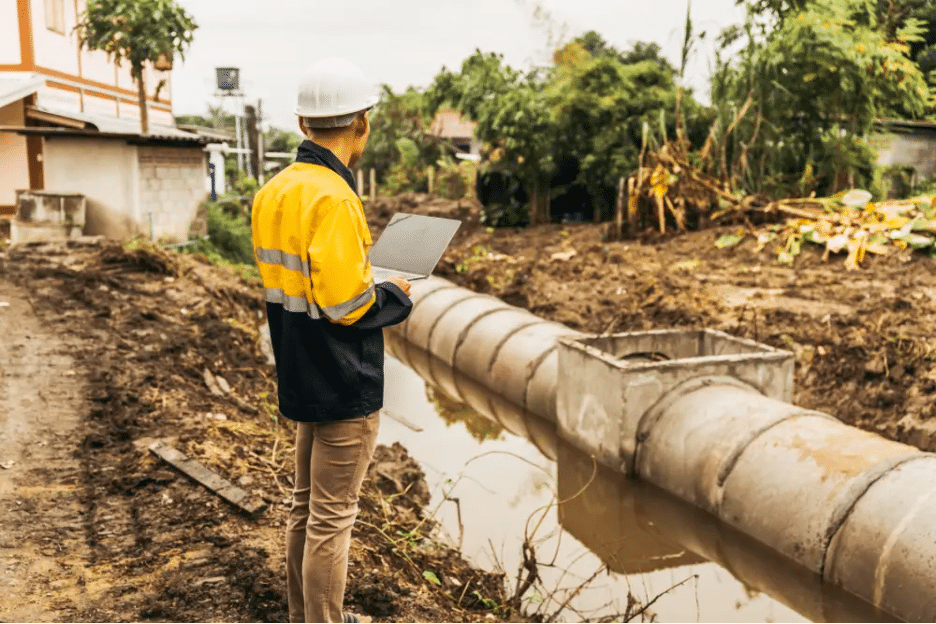From Emergency Fix to Future Planning: How SiteMap® Delivers Long-Term Sewer Infrastructure Insight A Nashville restaurant faced repeated sewer backups with no clear explanation. Without accurate infrastructure records or as-builts, the facility was left vulnerable to...


































































































